No products in the cart.
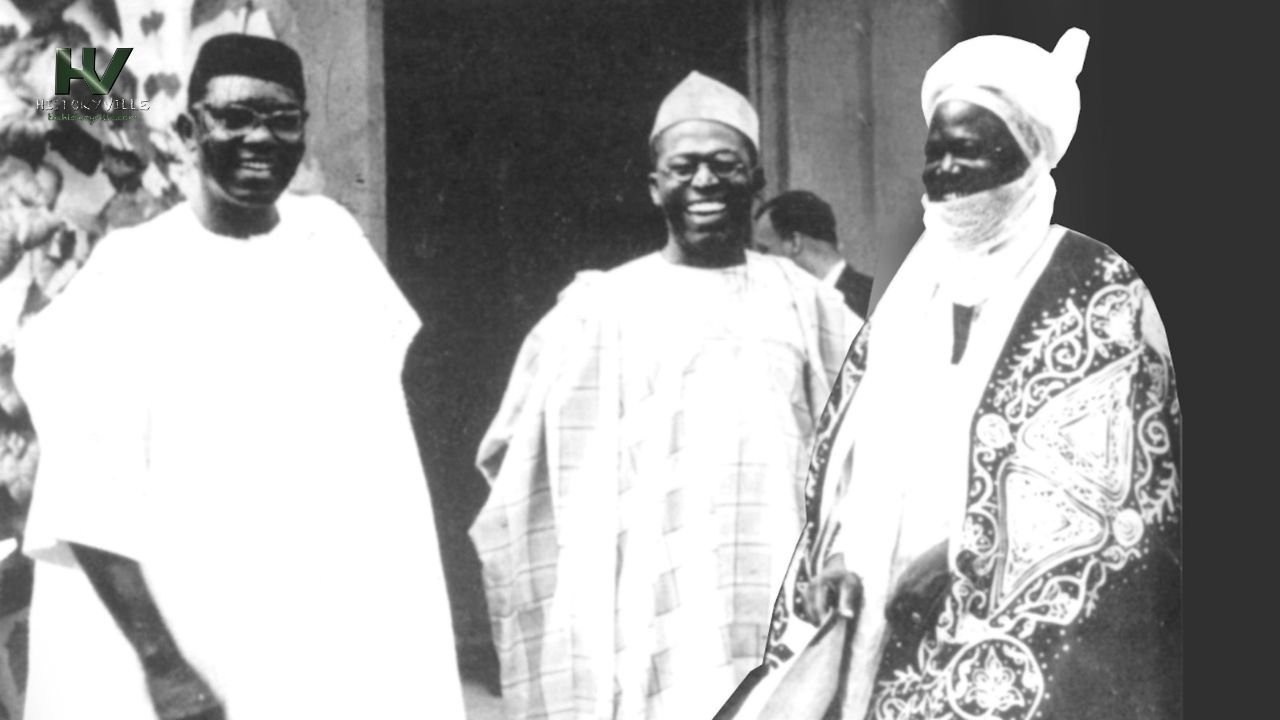
In 1953, Nnamdi Azikiwe of the National Council of Nigeria and the Cameroons (NCNC) and Ahmadu Bello of the Northern People’s Congress (NPC) came together to fight Obafemi Awolowo’s Action Group (AG) over the control of Lagos.
This event created a political rivalry that would spiral down from pre-independence Nigeria to the fall of the First Republic on January 15, 1966.
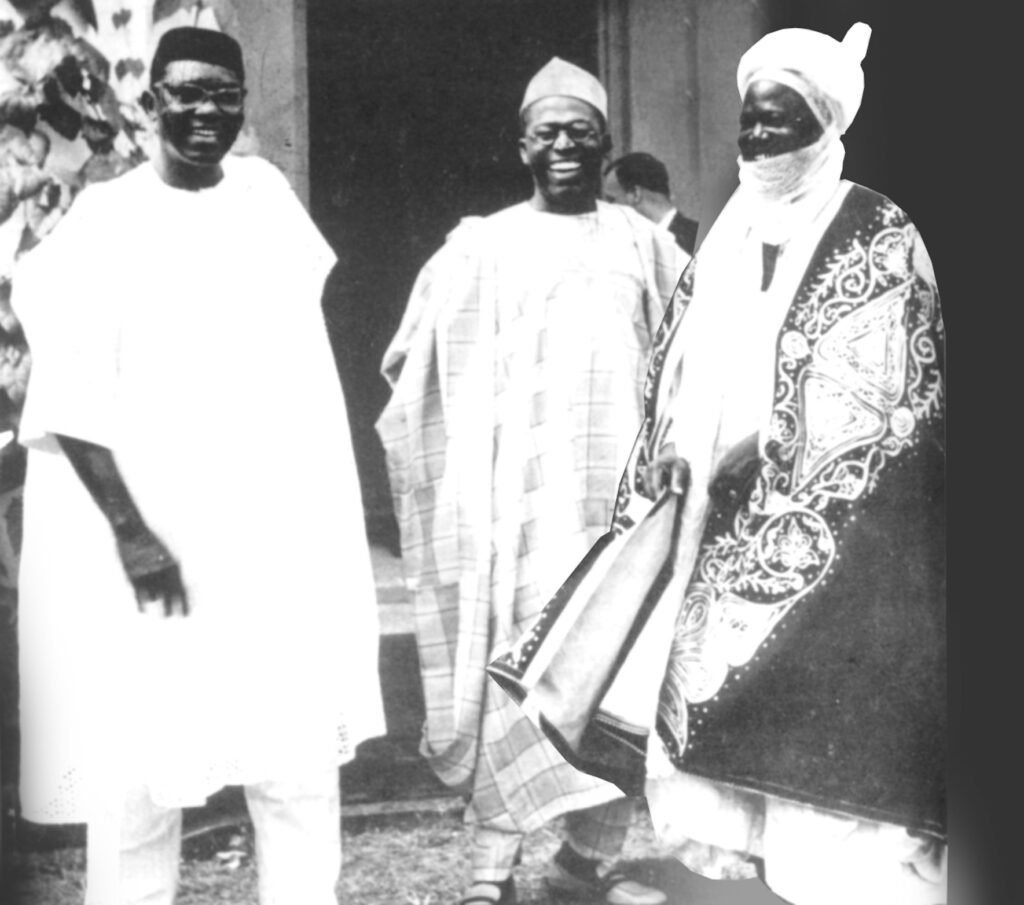
So, why was Lagos such a contentious issue? What were the political motives behind each leader’s stance? And how did this struggle shape Nigeria’s path to independence?
Contents
The Debate Over Lagos
Throughout the 20th century, Lagos was effectively the seat of two rival powers. On the one hand, it was the seat of the colonial and federal government for 77 years, that is from 1914 to 1991, which was either dominated by a coalition of eastern and northern political parties during the civilian regimes as seen from 1957 to 1963, 1963 to 1966 and 1979 to 1983, or by a northern clique during military regimes as from 1966-1976 and 1983 to 1991.
On the other hand, it was the base of the dominant party in the Western Region, the Action Group and its leader, Obafemi Awolowo, who had most of the time been in opposition to the Federal Government. The party controlled the Lagos Town Council during the pre-independence period and the First Republic.
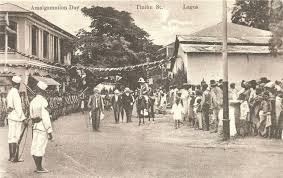
While Lagos was the initial resource centre of the country, the site and government of the future capital became a hotly debated issue in the 1950s during negotiations for independence between the Colonial Office and the nationalist parties. At that time, there were intense debates on the future of the Nigerian Constitution and the federal character of the state, in which considerable internal power was given to three new powerful regions – the Northern, Eastern and Western Regions. There were two main issues at stake:
1. Whether Lagos should remain the capital of the country or not.
2. Whether the Federal Capital should be part of the Western Region in which Lagos was situated, or it should be administered separately.
The debates revealed an ongoing conflict around the sharing of the economic resources of the independent state among the elite of the three regional parties. The British administration and the Northern and Eastern political parties wanted Lagos to be the capital of Nigeria, but they also wanted it to be cut off from the Western Region. The reason for this was simple. It was mainly about economic power, as the seaport in Lagos and the growing industrialisation provided large resources for the state.
To the British and the Northerners, leaving Lagos to the Western Region was leaving its financial power in the hands of a political rival – Obafemi Awolowo’s Action Group (AG) Party. The Action Group wanted to keep Lagos within the Western Region, and the party suggested building a new capital city in a central and neutral place. Lagos had always been acknowledged as a Yoruba city, just as Kano is to the Hausas and Onitsha to the Igbos.
In 1939, the British created three regions – the Northern Region with its capital in Kaduna, the Eastern Region with its capital in Enugu and the Western Region with its capital in Ibadan. As of then, Lagos was a part of the Western Region.
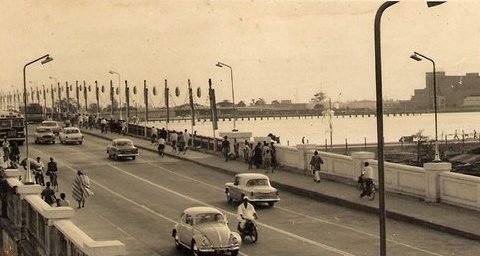
In January 1950, a general conference of representatives from all sections of Nigeria assembled to reconcile the regional recommendations. At that conference, the majority voted to retain the existing regions as the political units into which Nigeria was to be divided, although the question of the status of Lagos was held over for consideration by a select committee of the Legislative Council. A majority of the committee recommended that Lagos be abolished as a colony and incorporated into the Western Region. However, one of the members of that committee disagreed vehemently with the recommendation that Lagos should be made a part of the West. His name…Benjamin Nnamdi Azikiwe.
Azikiwe’s Disagreement
Nnamdi Azikiwe, on behalf of his party, the National Council of Nigeria and the Cameroons (NCNC), dissented on the incorporation of Lagos into the Western Region, arguing that it was an artificial creation. However, Azikiwe’s critics thought otherwise.
They labelled him a foremost tribalist who was playing a tribal sentiment, especially among the non-Yoruba ethnic groups in the Western Region and the Middle Belt ethnic groups in the Northern Region, to dissociate them from the Yoruba and the Hausa in a regionalised Nigeria.
On joining Lagos with the West, Azikiwe and three other dissenting members of the select committee argued that Lagos representation in the Central Legislature should be direct and unfettered…and not through the Western House of Assembly, which must, in turn, select the same Lagos representatives in that House to the Central Legislature.
Azikiwe’s Yoruba opponents castigated him for opposing the merger of Lagos with the Western Region because he feared that an anti-Azikiwe, Yoruba-dominated Western House of Assembly would not only freeze him out of the Central House of Representatives but would also legislate for Lagos, the main centre of his political power and his business enterprise. Sincerely, Azikiwe was excluded in this same manner in 1952.
However, the status of Lagos caused by these constitutional provisions regarding the merger with the Western Region would have been inconsequential had it not been for the emergence of a new political party in the West – the Action Group led by Obafemi Awolowo.
Azikiwe’s NCNC and Ahmadu Bello’s NPC were united in their fight against Awolowo’s Action Group to make sure that Lagos, an indigenous Yoruba town, was excised from the Western Region and made a Federal Capital Territory. In response, Awolowo sent a telegram to the Secretary of State for the Colonies, Oliver Lyttleton, threatening to secede if Lagos was pulled out of the Western Region. However, Lyttleton replied that such an attempt would invite the use of force.
The 1953 London Constitutional Conference
As force was not the answer to such a sensitive situation, Lyttleton called for a conference in London to resolve the disputes among the three parties. The 1953 London Constitutional Conference was held from July 30 to August 22, 1953. The conference, which was chaired by the Secretary of State for the Colonies, Oliver Lyttleton, was attended by 19 delegates who consisted of three from each of the three regions and one from the Southern Cameroons.
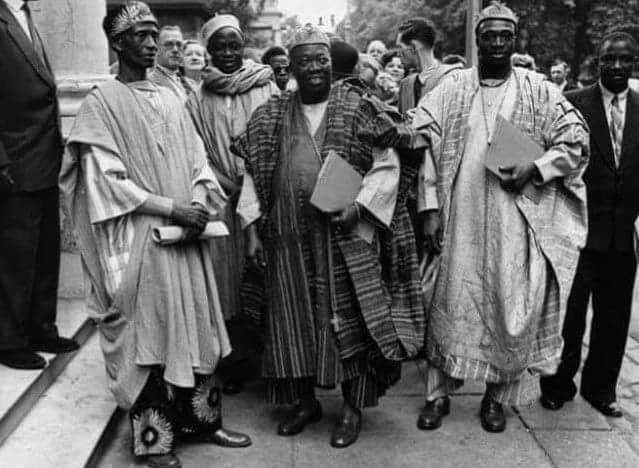
Although the crux of the conference was the excision of Lagos from the Western Region to form the Federal Capital Territory, other important matters were discussed.
1. The shortcomings of the 1951 Constitution.
2. The motion for Independence by 1956, which Anthony Enahoro had moved in March 1953.
3. How to implement these changes.
As a result, the conference concluded that:
1. The Regions should be fully autonomous from the central government in respect of subjects under the residual power.
2. The official designation of Lieutenant-Governor should be substituted for Governor in the Regions, while the Governor of Nigeria should be designated Governor-General.
3. There should be power sharing between the central government and the regional governments.
4. That self-government should be granted by Her Majesty, the Queen, to any region that desired it.
However, the major stumbling block of the Conference was the status of Lagos – either to continue to be a part of the Western Region or to stand alone as a Federal Capital Territory.
On May 21, 1953, Lyttleton, as the Secretary for the Colonies, had argued before the House of Commons that the Nigerian Constitution was a failure and would have to be redrafted to provide greater regional autonomy. As a result, the Yoruba-dominated Action Group party was very optimistic that Lagos, being a Yoruba town, would remain as part of the Western Region.
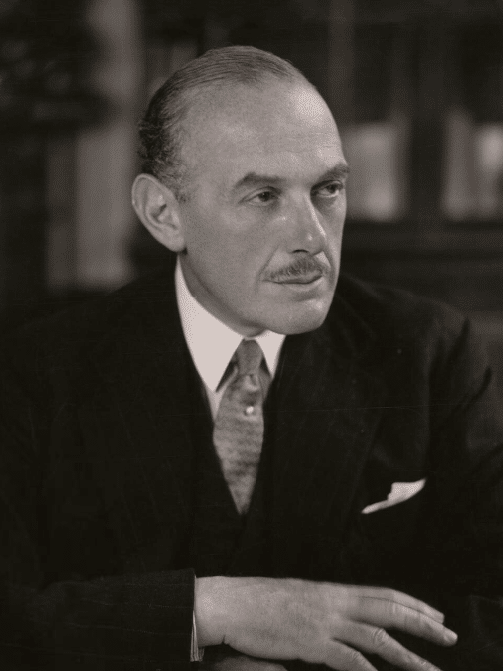
Thus, when Lyttleton suddenly announced that he would make the sole decision on the status of Lagos and asked the Nigerian political leaders if they would abide by whatever decision he made, Awolowo’s Action Group, without a doubt, excitedly agreed with Lyttleton’s proposal. The conference was then adjourned till the next day.
Losing Lagos
That careless action by the political leaders of the Action Group would come to bite them. The next day, Oliver Lyttleton, the Secretary of State for the Colonies, announced that Lagos would be pulled out of the Western Region. The leaders of the Action Group were dazed. It was a bombshell. A shock they never recovered from. Azikiwe and Bello had won the fight against Awolowo to cut off the Western Region from the sea and to minimise the influence of the Action Group in Lagos.
Thus, the new constitution at the London Conference became known as the Lyttleton Constitution, which granted much more power to the central government while at the same time transferring certain residual powers to the regional governments.
The second leg of the Constitutional Conference, which continued in January 1954, confronted the major problem of fiscal policy, that is, revenue allocation policy, for the nation and the challenges facing the civil service and the judiciary. Income tax was to be collected federally, just like mining taxes, and distributed based on derivation. The regions were given full control of marketing boards. The Nigerian nation was, thereby, increasingly being perfected with a well-defined federal system of government. The Nigerian Federation had three component units known as regions – the Northern, Eastern and Western Regions, a Federal Capital Territory in Lagos and a quasi-federal territory of Southern Cameroons.
The North was to have half of the legislative seats in a 184-member House of Representatives, while the other two regions, that is, the West and East, were to share the other half. What that meant was that no major decision could be implemented without the North agreeing to it.
However, the creation of Lagos into a federal territory in 1954 led to its legislative, executive and judiciary jurisdictions being withdrawn from the Western Region and brought under the full authority of the federal legislature and executive. For the administration of justice, it was treated as if it were a region with its own high court and magistrates’ courts established for it by the federal government.
The laws of Lagos, as the federal territory, consisted of all the laws of the Western Region that were applicable there with effect from 1954, when it became a federal territory, as well as laws made by the federal legislature either for the whole country or specially for it as the federal territory.
Political Conflicts
With time, political conflicts arose as the federal government-controlled NPC, with its coalition partner, NCNC, came into loggerheads with the Action Group over the functions and operations of the Lagos metropolis. The need to have a modern capital city with wider roads and without slums in its central area proved to be a major argument for the government and its local body, the Lagos Executive Development Board (LEDB), the main planning instrument of the colonial government since the 1920s.

The scheme was, however, difficult to implement and was delayed due to the opposition of the residents and the Lagos Town Council, dominated by the Action Group, which presented itself as an advocate of the people to be displaced. The government accused the Action Group of playing politics with diseases, while the Action Group, in turn, accused the government of a political witch-hunt, as the area selected for the slum removal was where the Action Group had its strongest hold in Lagos. In fact, the electoral wards in that area of Lagos Island voted for the Action Group top to bottom for 14 straight years, that is, from 1951 to 1965.
Eventually, the NPC-controlled federal government got weary of the Action Group and, in its bid to further weaken the influence of the party, created a new Mid-Western Region from the Western Region on August 9, 1963. It remains the only state ever created by a civilian government.
A month later, on September 11, 1963, Chief Obafemi Awolowo, the leader of the Opposition in Nigeria’s Parliament and the Action Group party, was found guilty of treasonable felony and sentenced to 10 years in prison for plotting to overthrow the Government of Prime Minister Sir Abubakar Tafawa Balewa by forceful means of arms.
Awolowo’s incarceration led to the beginning of the eventual demise of the Action Group as the party lost its relevance and influence in the Western Region.
But did Awolowo really plot a coup to overthrow the federal government?
You can check out the full story in the video below.
Your support can make a world of difference in helping us continue to bring Nigeria’s rich history to life! By donating to HistoryVille, you’re directly contributing to the research, production, and storytelling that uncover the incredible stories of our past. Every donation fuels our mission to educate, inspire, and preserve our heritage for generations to come.
Please stay connected with us through our social media handles and make sure you are subscribed to our YouTube Channel. Together, let’s keep the stories of Nigeria’s past alive.

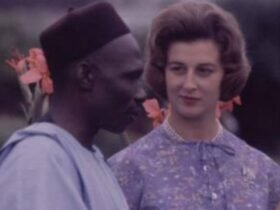
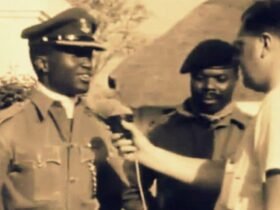
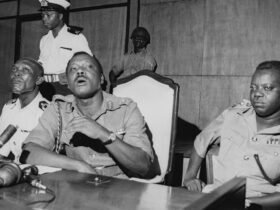

Whenever Yorubas are analyzing the history of Nigeria you will know even when there’s no single name attached to the history. The Awo-inspired anger and tribal propaganda is like a recurring decimal in the way they see Nigeria. That is still not possible to think independently without looking at Nigeria from the eyes of Awolowo makes entire education and reasons behind it useless.